Christopher Kimball's 6 favorite books about food
The co-founder of America's Test Kitchen recommends works by Benjamin Wallace, Edward Behr, and more
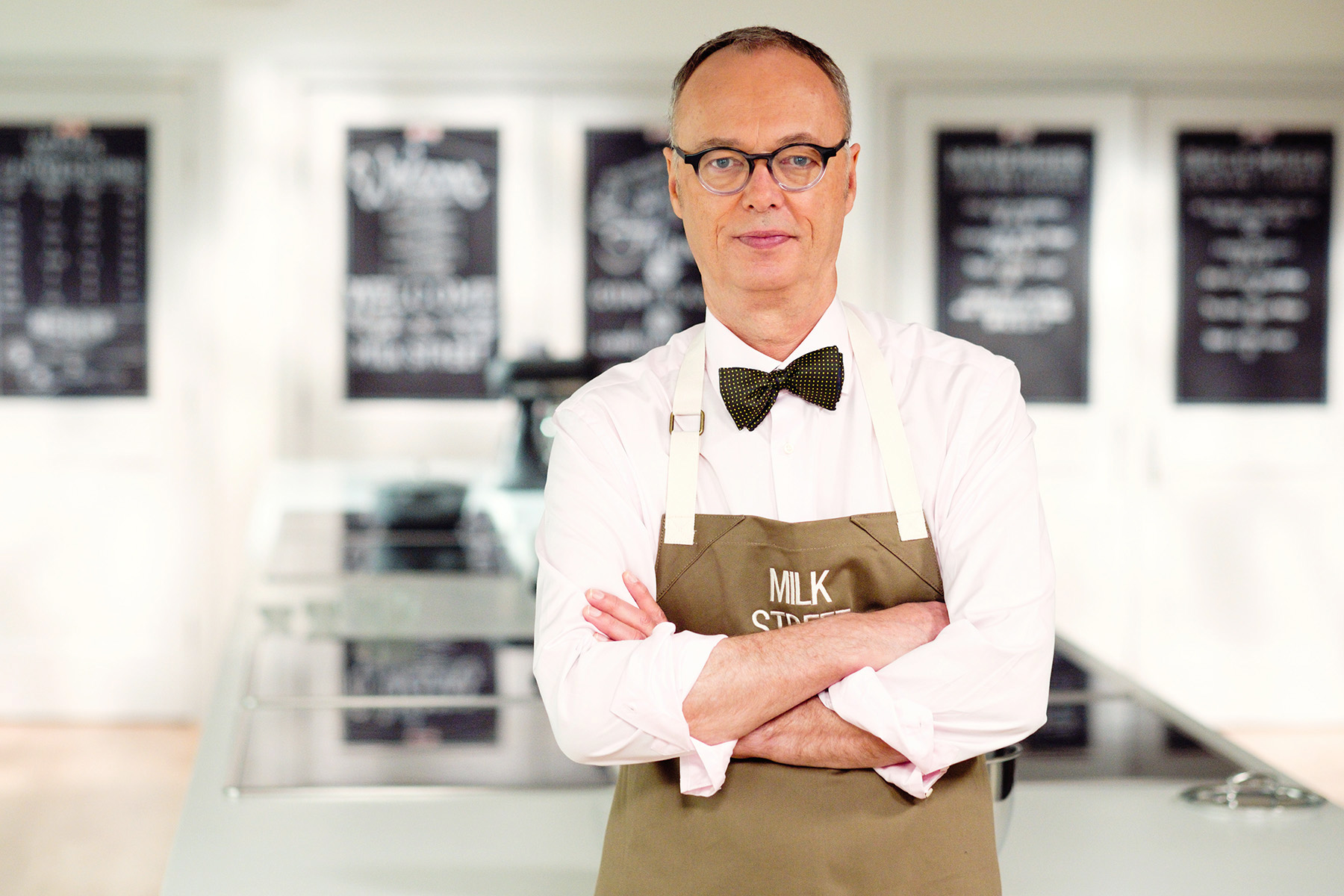
A free daily email with the biggest news stories of the day – and the best features from TheWeek.com
You are now subscribed
Your newsletter sign-up was successful
Apricots on the Nile by Colette Rossant (Washington Square, $12).
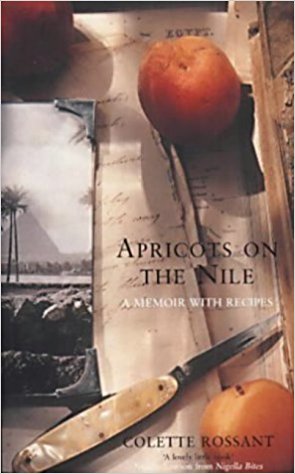
Memorable for both its gentle sweetness and the writer's portrait of her Egyptian-Jewish grandparents' household in 1930s Cairo. Ahmet the cook prepares a wedding feast with sambusak (small pastries filled with feta), stuffed quail, zalabia (deep-fried dough soaked in honey and orange blossoms), and pistachio-stuffed kunafa (cheese pastry).
The Billionaire's Vinegar by Benjamin Wallace (Broadway, $16).
The Week
Escape your echo chamber. Get the facts behind the news, plus analysis from multiple perspectives.

Sign up for The Week's Free Newsletters
From our morning news briefing to a weekly Good News Newsletter, get the best of The Week delivered directly to your inbox.
From our morning news briefing to a weekly Good News Newsletter, get the best of The Week delivered directly to your inbox.
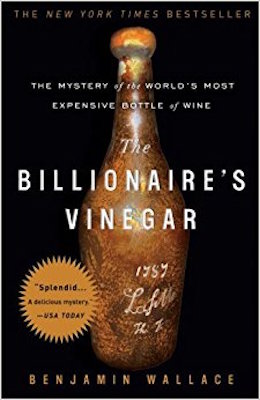
Wallace's doubts about the authenticity of a $156,000 bottle of Bordeaux — purportedly once owned by Thomas Jefferson — led him into the dark side of the wine world. This book reads like a lucid, well-paced murder mystery, but it also conveys the complexity of a business that is only loosely regulated. It's good fun.
Epitaph for a Peach by David Mas Masumoto (HarperOne, $15).
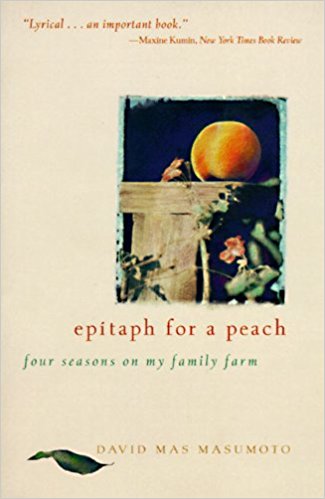
Masumoto, a third-generation California farmer, brings to life his passion for the family farm and the heartbreak of trying to maintain an heirloom peach in a tough market. It all comes through in a mixture of poetry and philosophy. One of my favorite pieces of food writing.
The Food and Wine of France by Edward Behr (Penguin, $28).
A free daily email with the biggest news stories of the day – and the best features from TheWeek.com
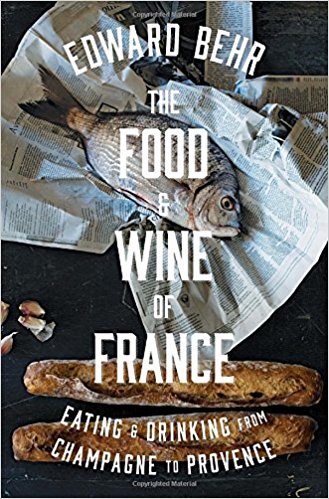
Behr reminds us that there are still places where good food comes straight from the earth: wild yeast spores, saline seas, and cool limestone caves. He quotes the famous 20th-century gourmand Curnonsky: "Cooking! That's when things taste like what they are."
French Cooking in Ten Minutes by Édouard de Pomiane (North Point, $12).
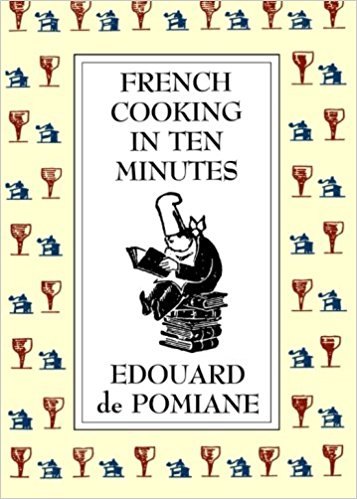
De Pomiane's 1930 cookbook reflects his unique ability to make cooking seem simple enough that any oaf could walk into a kitchen and produce good results. His advice is as breezy and useful today as it was then.
The Potlikker Papers by John T. Edge (Penguin, $28).
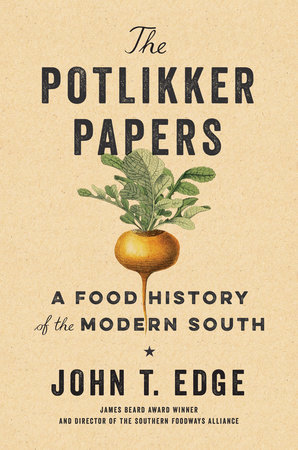
Food played a central role in the fight for civil rights. Edge introduces cooks like Georgia Gilmore, whose home-based restaurant sustained the Montgomery, Alabama, bus boycott, and Booker Wright, a Greenwood, Mississippi, waiter who issued a clarion call for justice in a 1966 NBC News special. If you think you know all there is to know about the grit and wit of the everyday Southerners who powered the civil rights movement, this book will convince you otherwise.
— TV host and editor Christopher Kimball, a co-founder of America's Test Kitchen, now offers expert advice to home cooks through his venture Milk Street. His new Milk Street cookbook features home recipes that draw from all corners of the world.
-
 6 exquisite homes with vast acreage
6 exquisite homes with vast acreageFeature Featuring an off-the-grid contemporary home in New Mexico and lakefront farmhouse in Massachusetts
-
 Film reviews: ‘Wuthering Heights,’ ‘Good Luck, Have Fun, Don’t Die,’ and ‘Sirat’
Film reviews: ‘Wuthering Heights,’ ‘Good Luck, Have Fun, Don’t Die,’ and ‘Sirat’Feature An inconvenient love torments a would-be couple, a gonzo time traveler seeks to save humanity from AI, and a father’s desperate search goes deeply sideways
-
 Political cartoons for February 16
Political cartoons for February 16Cartoons Monday’s political cartoons include President's Day, a valentine from the Epstein files, and more